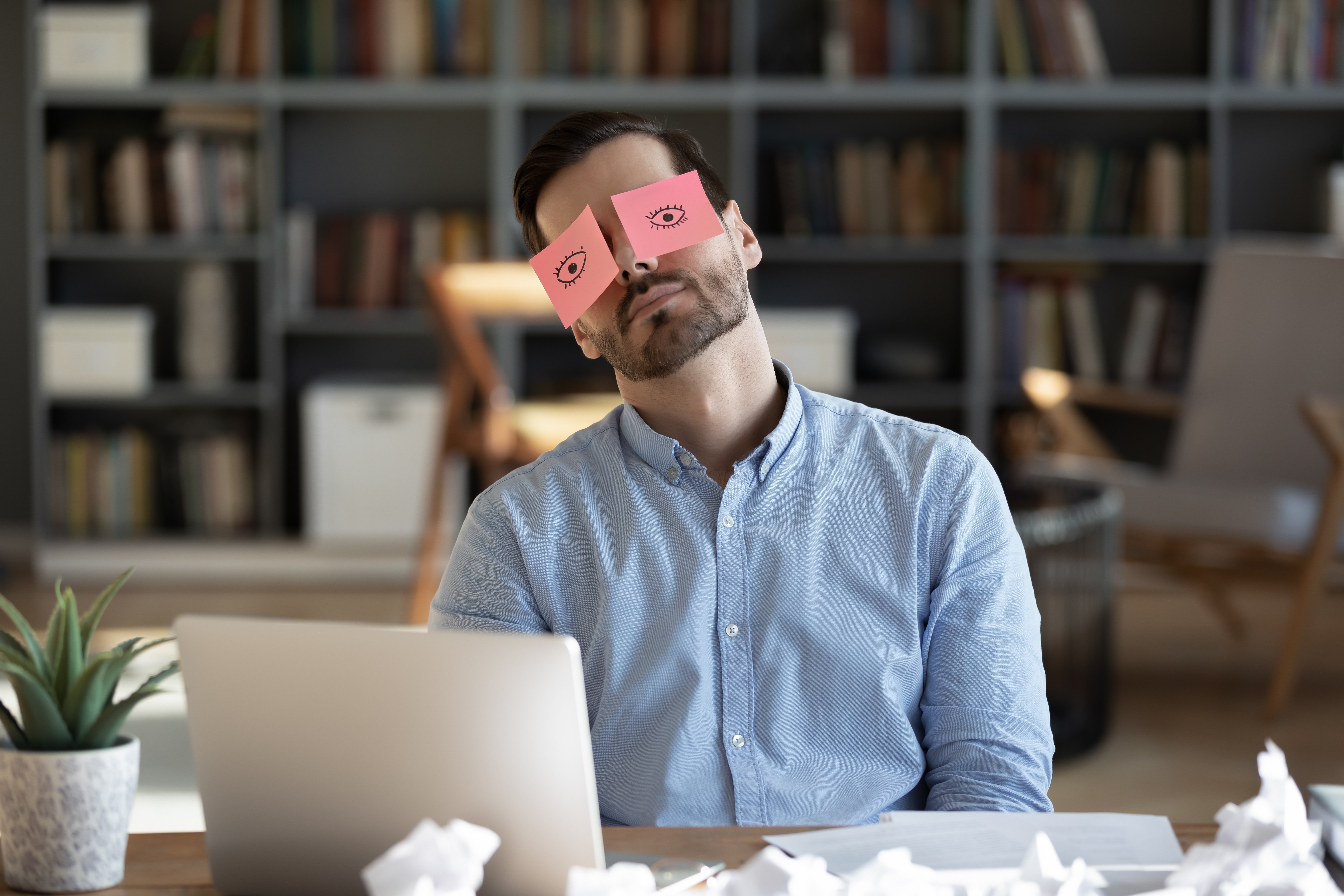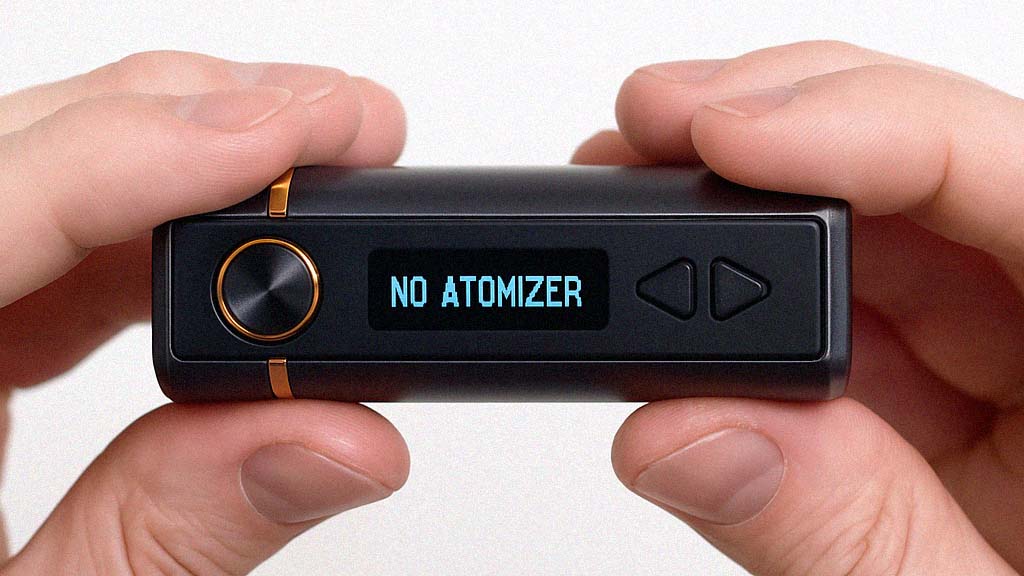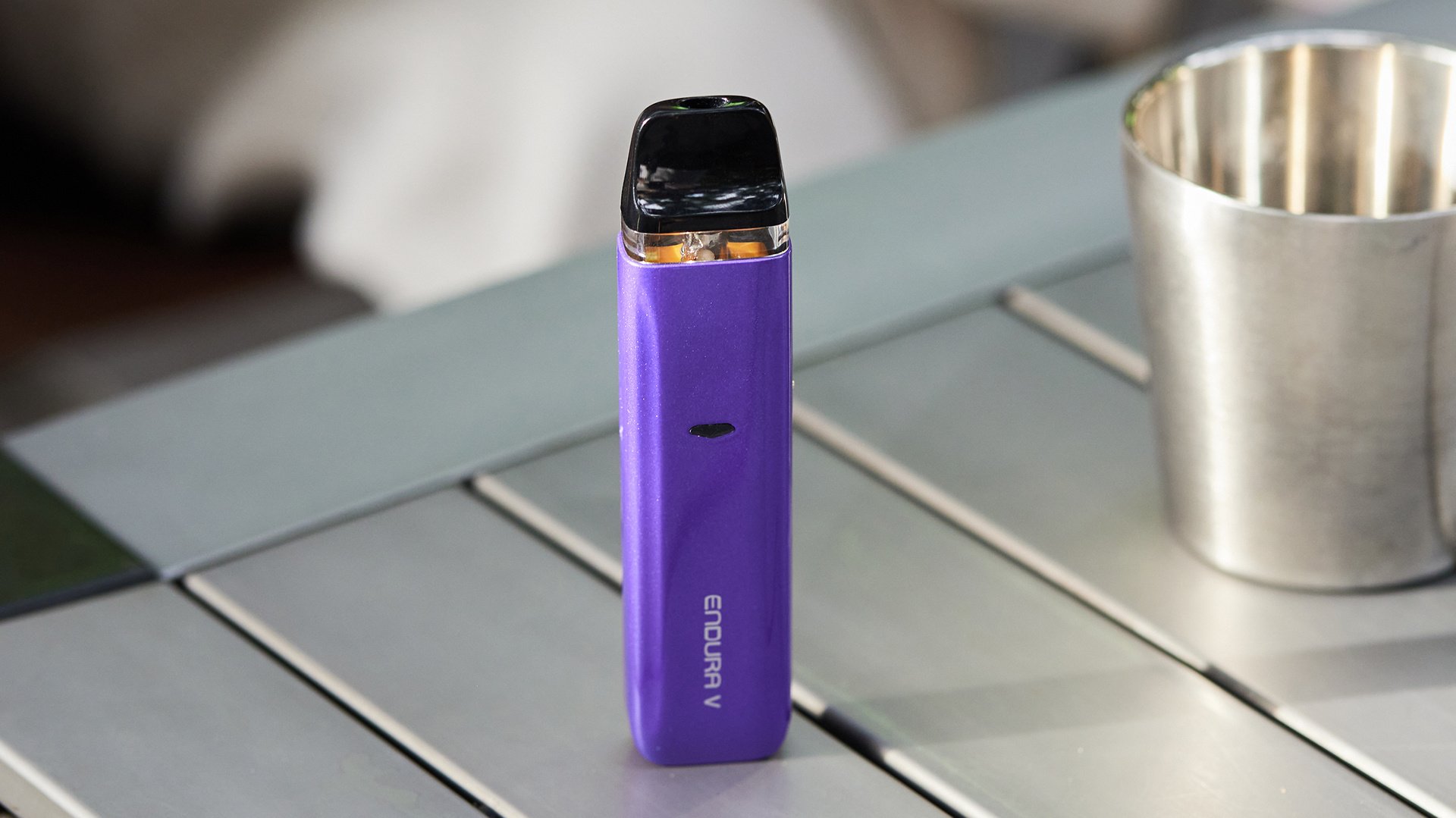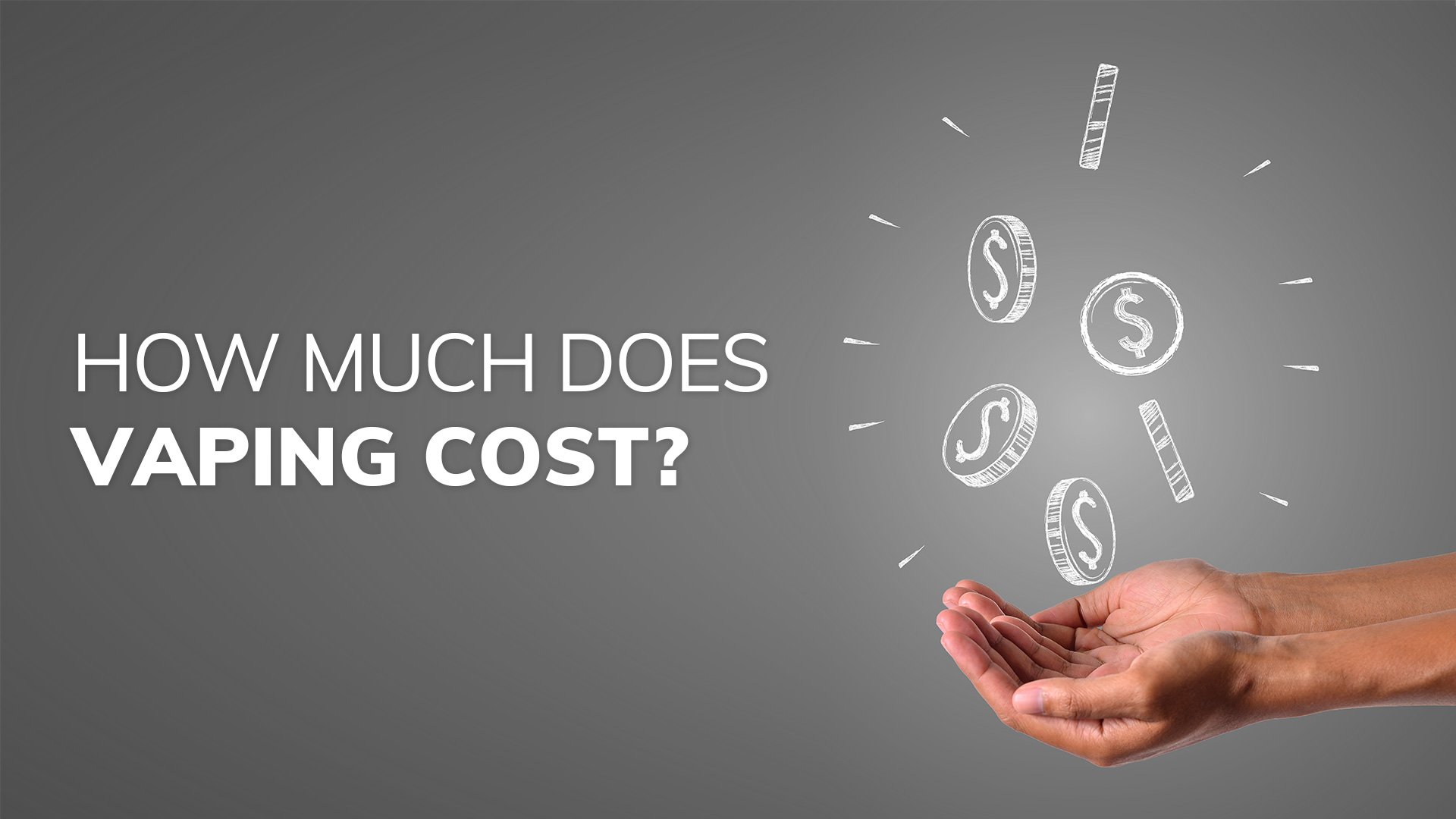Have you noticed that you feel more tired than usual since you switched to vaping? Perhaps your fatigue goes back even further than that. Maybe you’ve been a nicotine user for a long time, and when you really think about it, you can’t even remember the last time you got a good night’s sleep. Although vaping doesn’t have any unique properties that can cause you to feel tired, all forms of nicotine use – somewhat paradoxically, since nicotine is a powerful stimulant – can potentially reduce your energy levels during the day because of the effect that nicotine has on sleep.
The good news is that if vaping is making you tired because nicotine consumption is reducing your sleep quality, there are a few things you can do about it. Before you begin changing your routine, though, it’s worthwhile to consider whether nicotine is actually the problem in the first place. To determine that, we’ll start by examining nicotine’s interactions with the body.
What Are Nicotine’s Effects on the Body?
Nicotine is a powerful stimulant that affects your body’s heart rate, respiration, blood glucose and hormone production.
Nicotine is a complex molecule that affects the body in a wide variety of ways. For the purpose of understanding vaping’s effects on sleep, though, this article will focus on nicotine’s stimulant properties. When you use nicotine, it quickly penetrates through the blood-brain barrier and binds to receptors in the part of the brain that’s responsible for producing adrenaline. This stimulates the production of adrenaline, which increases your heart rate and respiration. It also raises your blood pressure and releases glucose into your bloodstream.
When you were a smoker, did you often feel as though you couldn’t wake up in the morning until you’d smoked a cigarette? If so, you’ve just discovered the reason why: You had difficulty waking up because your body was waiting for a jolt of adrenaline. Unless you’re using nicotine-free vapes, switching to vaping isn’t going to eliminate that need. If vaping makes you feel tired, though, the reason has to do with more than nicotine’s stimulating effect.
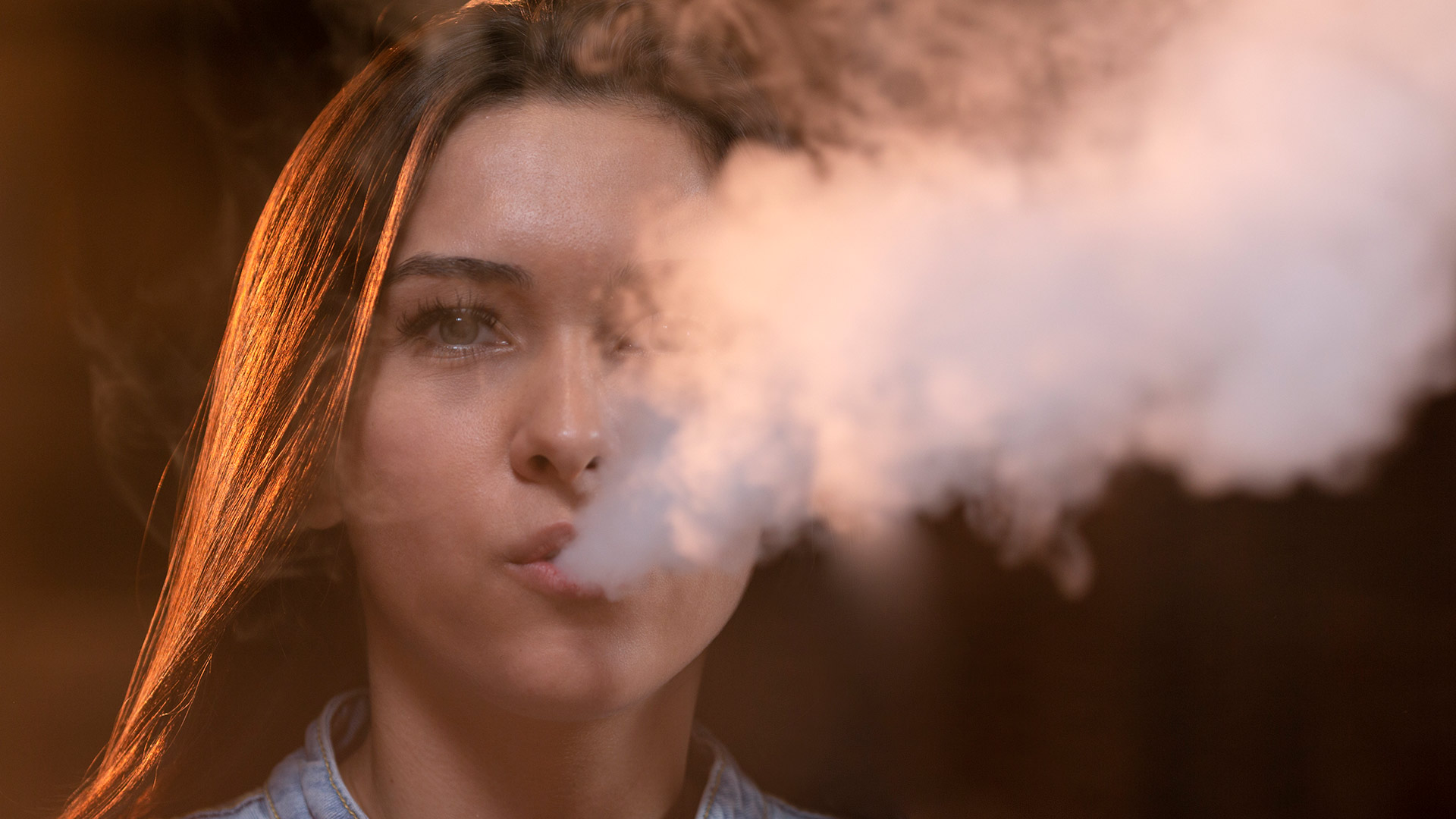
If Nicotine Is a Stimulant, Why Does Vaping Make You Tired?
Vaping makes you tired because stimulant use has a negative effect on sleep quality – especially if you vape right before bed.
Now that you understand what a powerful stimulant nicotine is, you might be left feeling a little confused. Why should vaping make you feel tired if nicotine seems to give you so much energy when you use it? The answer is that nicotine might help you feel more awake when you use it during the day, but it can also have a negative effect on sleep quality. Nicotine reduces the duration of the Rapid Eye Movement (REM) stage of sleep, which is a potential issue because that’s the part of the sleep cycle in which your body works to rest and repair itself. Deprivation of REM sleep leads to a wide array of negative side effects including anxiety, irritability, difficulty concentrating and tiredness.
In short, it isn’t vaping itself that makes you feel tired – it’s the fact that the nicotine is still in your bloodstream when you go to sleep. That suppresses the REM stage of sleep and makes your sleep less restful than it should be. That makes you feel less rested when you wake up in the morning. You consume more nicotine throughout the day to wake yourself up, and the cycle continues. Any heavy nicotine user can experience this phenomenon.
You can counter the negative effect that nicotine may have on sleep quality by making sure that the amount of nicotine in your bloodstream is as low as possible when you go to bed at night. Before you can do that, though, you need to have a better understanding of how long nicotine stays in your system.
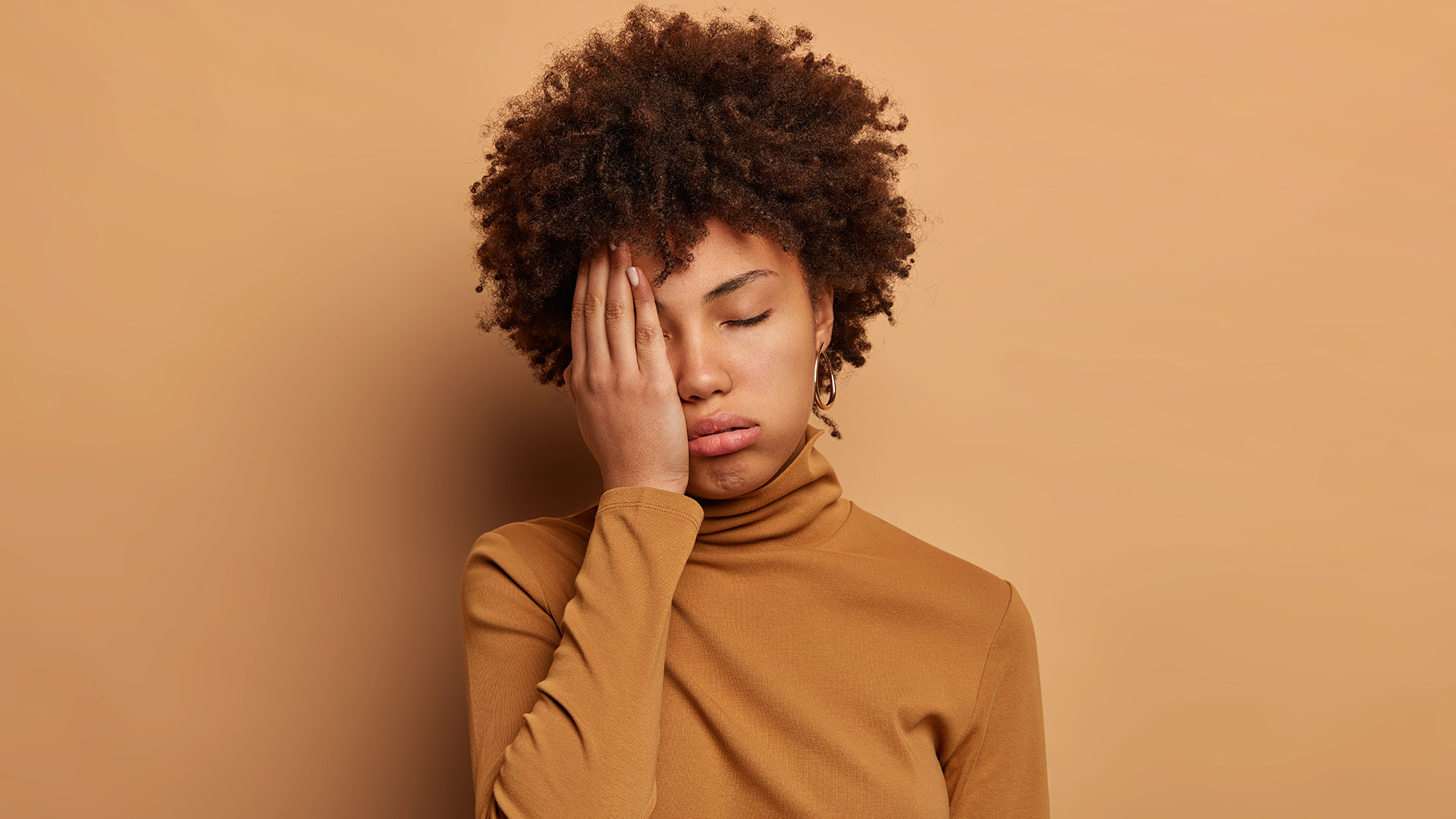
How Long Does Nicotine Stay in the Body?
Nicotine has a half-life of about two hours. Two hours after the last time you vape, approximately half of the nicotine will still be in your bloodstream.
Nicotine has a relatively short half-life of two hours. If you use nicotine two hours before bedtime, therefore, half of the nicotine that you consumed will still be in your bloodstream when you go to bed. If you use nicotine four hours before bedtime, a quarter of the nicotine will remain. If you use nicotine immediately before going to bed, on the other hand, almost all of the nicotine will still be in your bloodstream.
The key, then, is to find a way to eliminate or sharply reduce your nicotine use long enough before bedtime that, when you do go to bed, the smallest possible amount of nicotine will still be active in your bloodstream. Before you begin making drastic changes, though, you should consider one other scenario that’s unique to former smokers who have just switched to vaping.

You May Feel Tired Temporarily when You First Switch to Vaping
Switching to vaping will probably result in a reduction to your nicotine intake, which may cause you to feel tired at first.
So far, this article has been written with the assumption that you’re a full-time vaper who made the switch from smoking to vaping some time ago. If you’re new to vaping, though, there’s another thing that you should consider before you change anything about the way you vape. When you switched to vaping, it’s likely that you greatly reduced your nicotine consumption because cigarettes deliver nicotine far more efficiently than many vaping products. That’s especially true in regions such as the United Kingdom and Europe, where all vaping products are limited to a maximum nicotine strength of 20 mg/ml.
When you switch from smoking to a low-nicotine vape, it’ll result in a sharp reduction in your overall nicotine intake. In the short term, you may feel tired as a result. In addition, it’s important to remember that vaping only replaces one of the chemicals – nicotine – that you consume when you smoke cigarettes. Although nicotine is the most addictive chemical in cigarettes, there are thousands of other chemicals in tobacco smoke that your body is also accustomed to receiving every day. In the absence of those chemicals, you may temporarily feel tired or “not quite yourself” for a little while after switching to vaping. Most people report feeling much better within a few days. So, if you feel tired from vaping and have only been a vaper for a short time, there’s no need to make any major changes. Give yourself a few days to adjust, and if you still feel tired, you might want to consider reducing your nicotine intake at night.
Try Nicotine-Free E-Liquid at Night for Better Sleep
Using a nicotine-free e-liquid at night will mean that you’ll have less nicotine still in your bloodstream when you go to sleep.
Considering the two-hour half-life of nicotine, it seems clear that eliminating your nicotine intake in a two-hour window before going to bed is one of the best things that you can do to improve your sleep quality and feel less tired during the day. If you’re the type of person who really enjoys vaping right before bed, you might want to make this change gradually to avoid feeling like you’re missing out on an enjoyable part of your routine.
Try buying a bottle of nicotine-free e-liquid and mixing it half and half with your regular vape juice. Switch to the half-and-half blend at the end of the day until you get used to it. Although you won’t be eliminating your late-night nicotine intake completely, you’ll at least be cutting it in half. When you’re used to that blend, switch to nicotine-free e-liquid at least two hours before bedtime and see what that does for your sleep quality. If you’re happy with the result, try switching to the nicotine-free e-liquid even earlier.
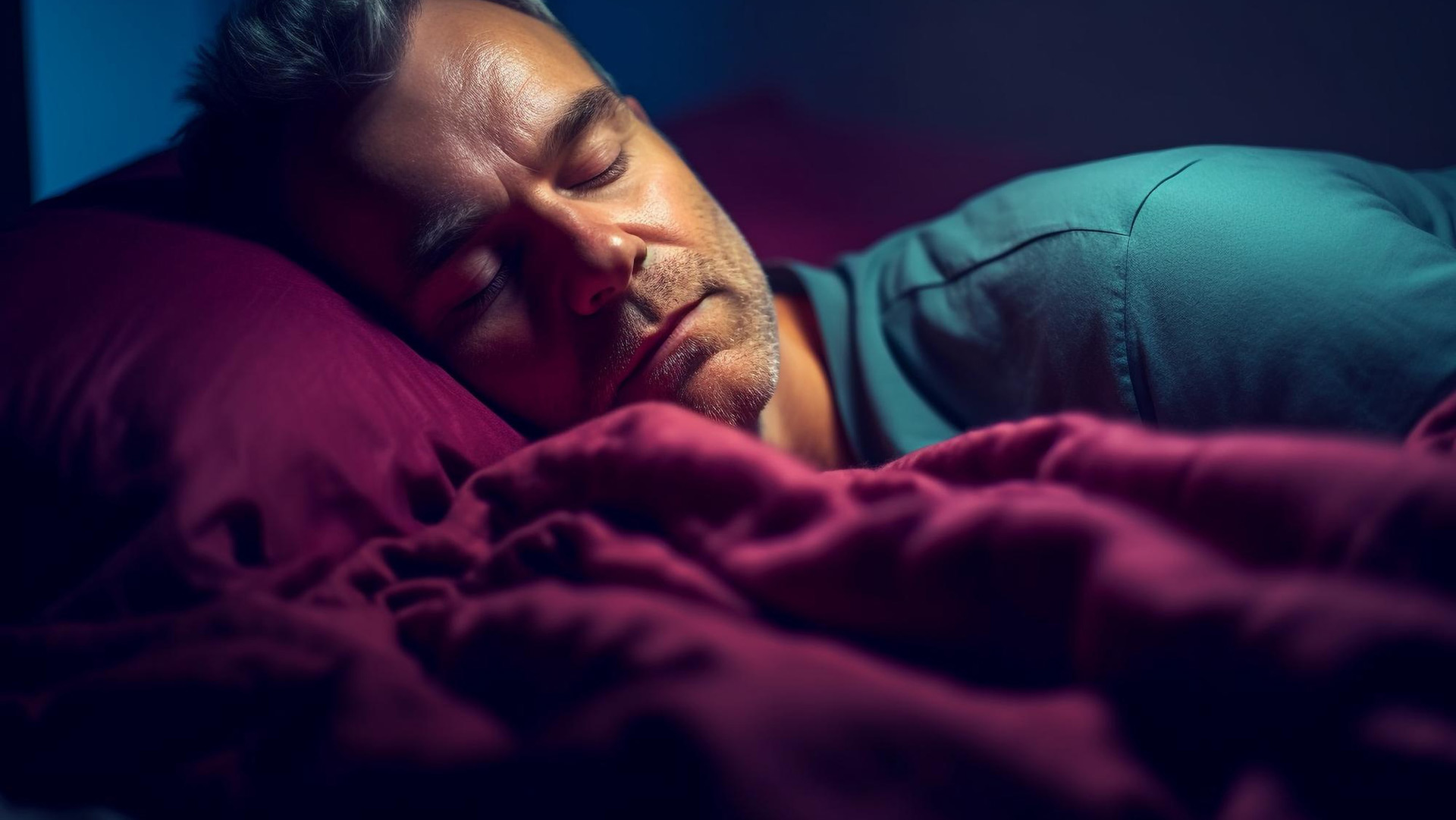
You Can Use Vaping to Reduce or Eliminate Your Nicotine Consumption
A long-term plan with the goal of reducing your total nicotine intake may help to promote better sleep quality.
Have you ever considered the possibility that you don’t actually have to use nicotine forever? Some people are completely happy with the fact that they’ve switched from vaping to smoking, and they have no intention of making any further changes in that area. For other people, though, switching to vaping is only one step on the road to total freedom from nicotine. If you eliminate your nicotine intake at night and find that you sleep better as a result, maybe it’s time to consider reducing or eliminating nicotine during the rest of the day as well. When you vape, you can choose the nicotine strength of your e-liquid – and that means you can reduce your nicotine consumption as slowly as you like. Learn more about how to use vaping to quit nicotine.
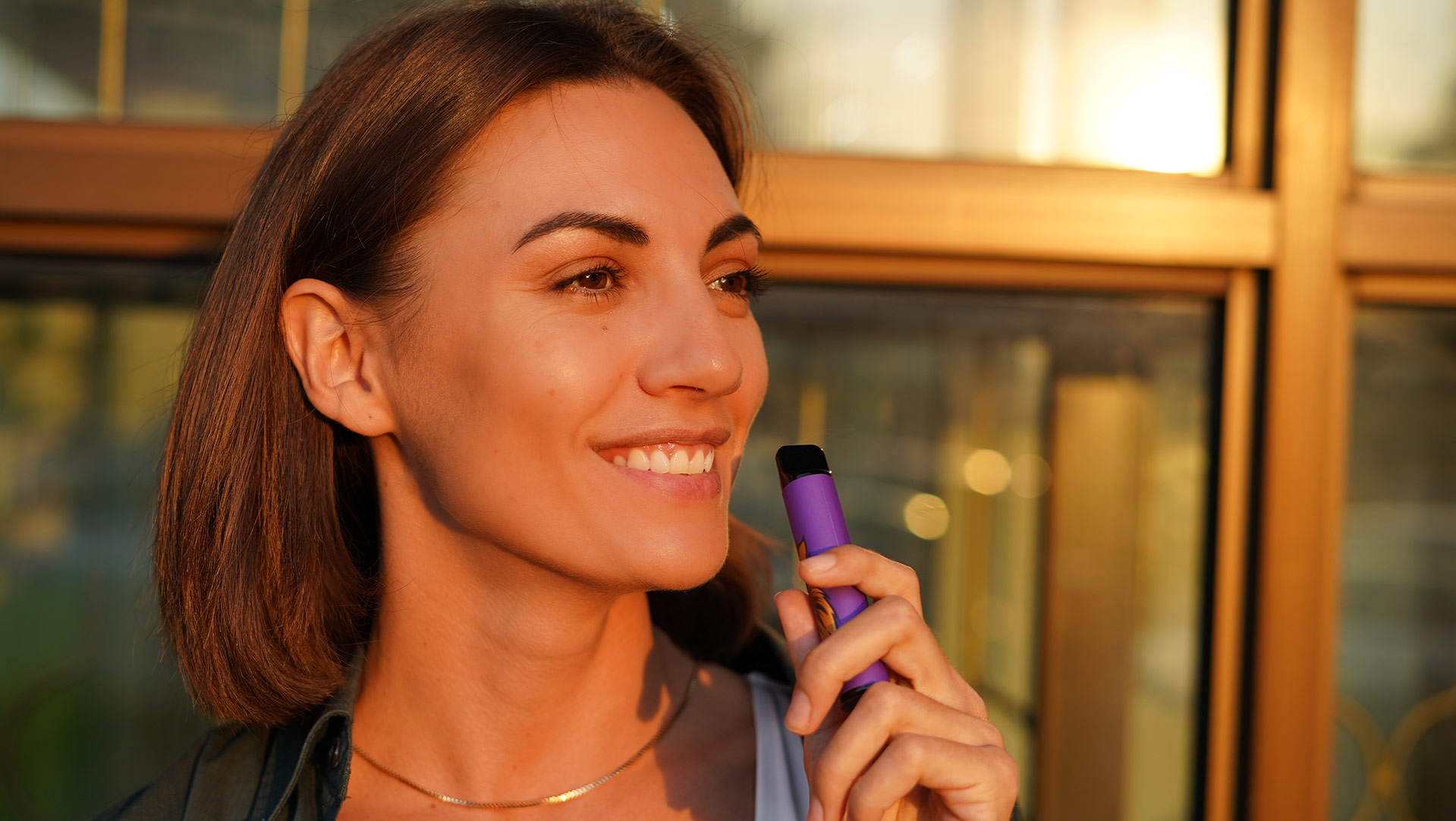
Don’t Forget the Importance of Hydration when You Vape
E-liquid contains ingredients that are potentially dehydrating, which can also affect sleep quality. Drink plenty of water when you vape.
If you find that vaping makes you feel tired, the most likely reason is what we’ve described in this article: You’re consuming too much nicotine too close to bedtime, and the nicotine is harming your sleep quality because it’s still in your bloodstream before you go to bed. There is one other scenario, however, that’s also worth considering.
The main ingredients of most vape juice are propylene glycol and vegetable glycerin. Both of those ingredients are humectants, which means that they draw moisture in and trap it. For that reason, some people find that vaping can have a dehydrating effect – and like the stimulating effect of nicotine, dehydration can also reduce your quality of sleep. To prevent dehydration, you should always remember to drink plenty of water when you vape.
Hemok Wang
Hey! Hemok here, a vaping enthusiast with a passion for helping people quit smoking. My uncle was diagnosed with lung cancer a few years ago after smoking for more than 40 years. I do understand that quitting smoking isn't only a physical issue but also a mental one. It's just hard to go "cold turkey". I believe that vaping is one of the best solutions to make the switch only if you do it in the right way, and that's why I am here to share :)


